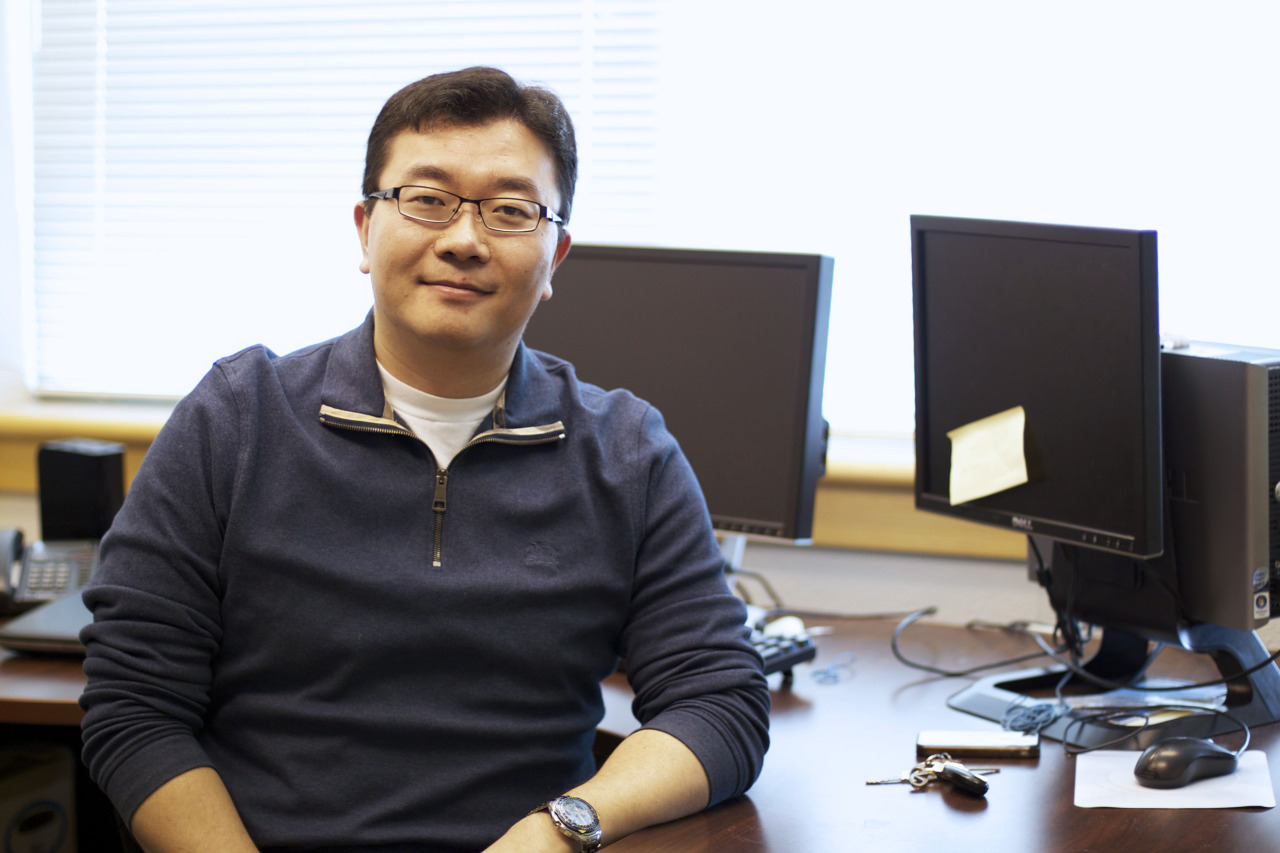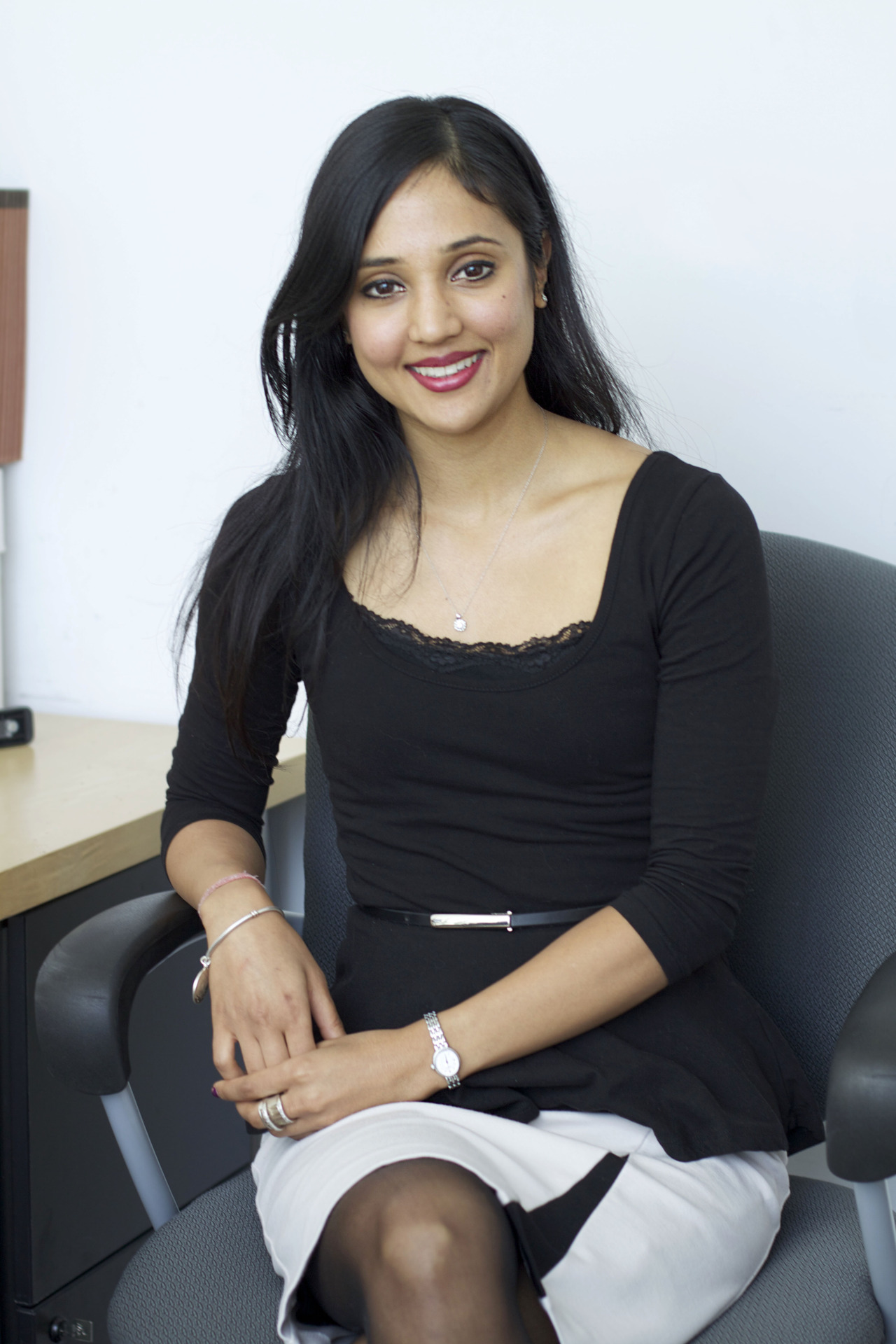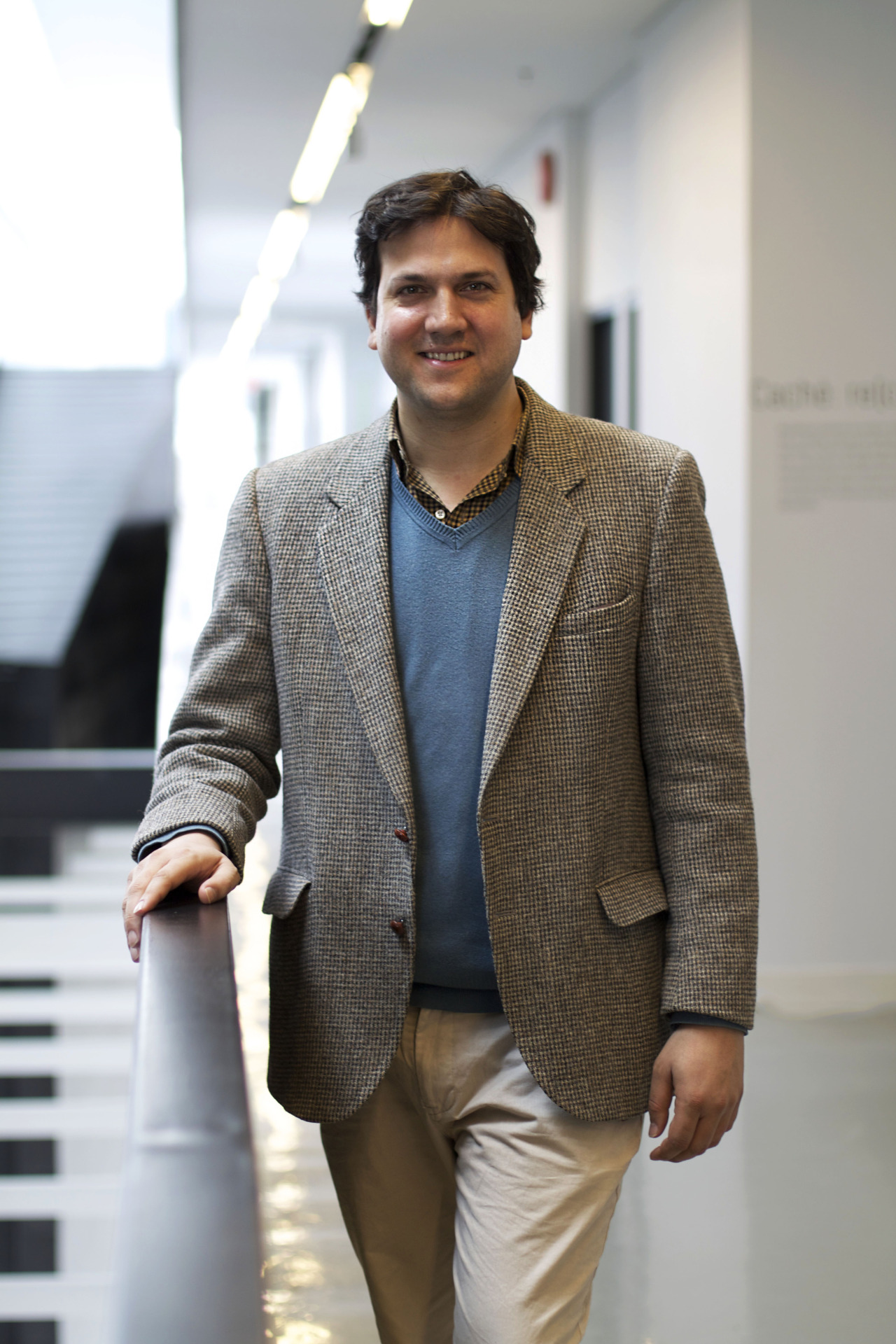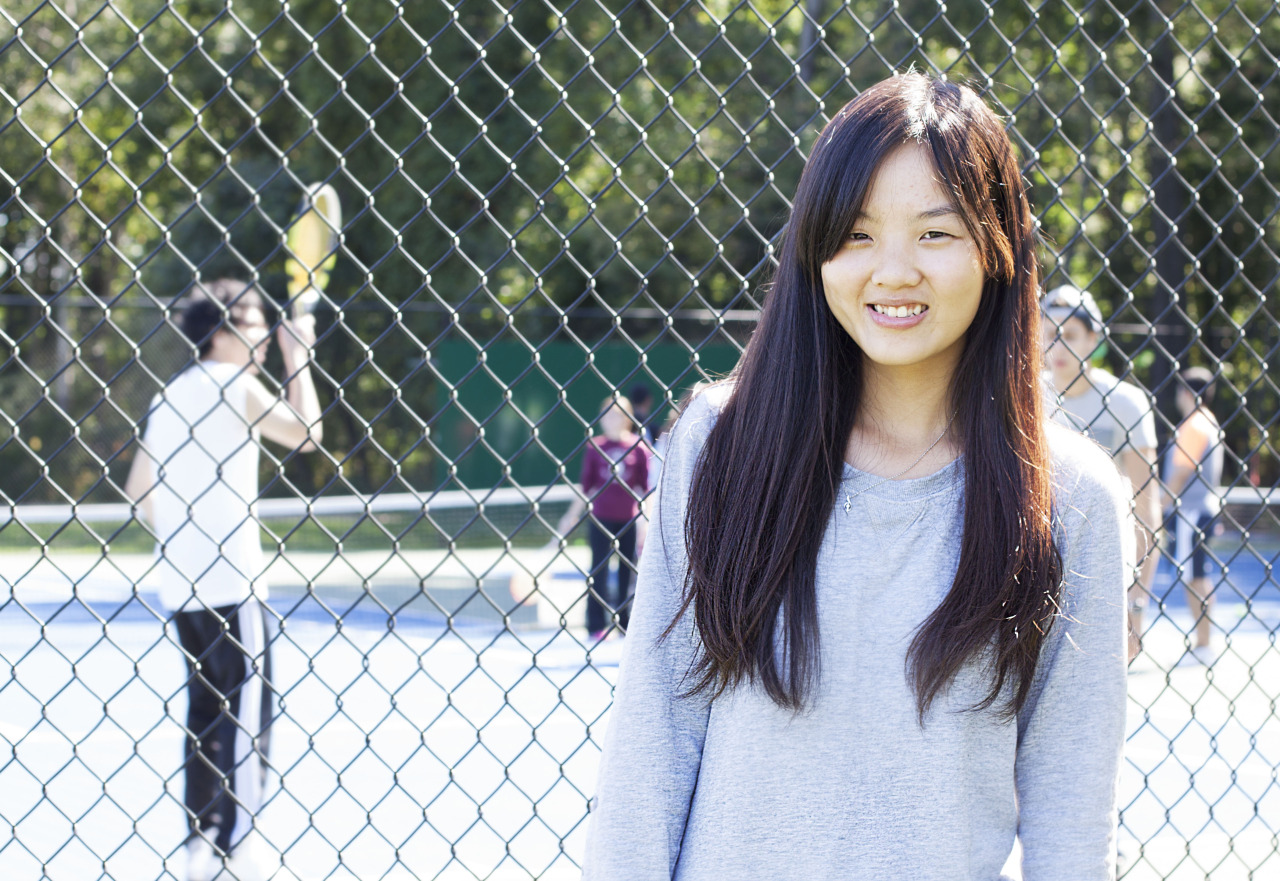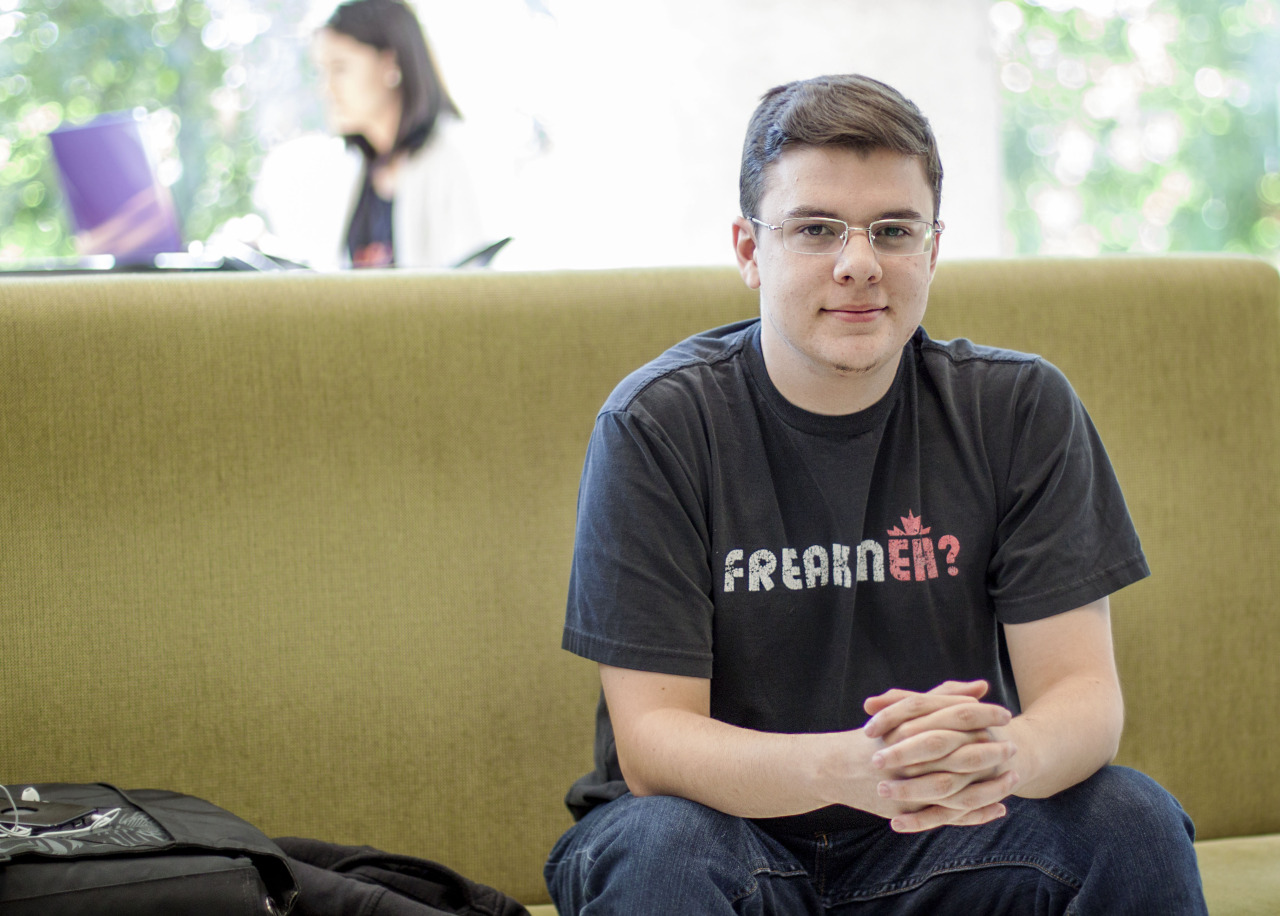“Did you have a mentor when you were going through the transition from student to an industry professional? Did you have any struggles?”
“Yes, mine was more like life struggles because four weeks after I actually convocated, I had my first child. Actually, you can say that I learned a lot from having a child very young. As a young artist, I did look at artists. At that time we didn’t have email, so I decided to write a letter to an artist that I really admired, Mary Pratt. I admired her because of the subject matter and what she was doing … and also how she thought about her work and how she thought about herself as an artist.
So one day, I decided I was going to write Mary Pratt a letter, just an old-fashioned letter. I sent it to her gallery in Toronto, they forwarded to her, and she wrote me back… . it was just knowing that people are out there that you can take a look at [and] they have something to tell you and it’s okay to approach them and say ‘I am very interested and I have few questions, do you mind answering them?’
To my mind, I thought that was wonderful because of what she told me and how she took it seriously to write me back and say, ‘Well, I remember these struggles, you just work through it, think about this … ’ In terms of going through graduate school, I definitely had mentors that helped me, and what was nice is I taught for them as a Teaching Assistant and then I took over their classes later on … I think you find mentors in different ways, in different places, at different times in your life, but I think it is important to know what questions you want to ask of them, what they have that you want to learn.”

